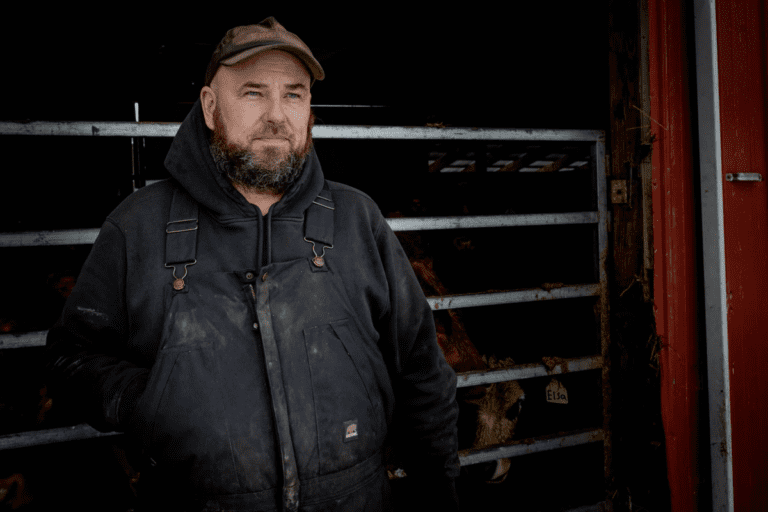Reducing PFAS is a goal for the wastewater sector in states such as Michigan with its industrial treatment program and Minnesota, where the state aims to “End Avoidable Use of PFAS” until 2032.
But banning biosolids is not a popular policy solution among most states. In addition to serving as a fertilizer, biosolids are an economical way to recycle waste.
Fred Hageman, residue coordinator for the Wisconsin Department of Natural Resources, said a ban would be a “kneejerk reaction.” He said the alternatives to using biosolids would be to send them to a landfill or incinerator.
“We don't have the best information available to make really good decisions right now,” Hegeman said.
But if farmers don't want to use biosolids, Hegeman said, that's their right.
“That's the beauty of living in the United States, because you can pick and choose what you want to put on your land,” Hageman said. “If someone wants to be cautious and (wait), that makes a lot of sense, but the jury is out.”
Farmers' safety nets
While Maine administers its biosolids ban and surveys farms for contamination, the state also created a $60 million fund to help the affected farmers.
Megier said a similar national fund could encourage states to act while protecting farmers.
“With PFAS, if you look for it, you'll find it,” Megquier said. “I think other states would be better supported in dealing with PFAS with a federal safety net.”
Members of Maine's congressional delegation recently introduced two federal bills establish a grant program that would compensate farmers like Jason Grostic.
Grostic remains the only farmer shut down due to PFAS contamination in Michigan. The state argues that it was an isolated case and that because Grostich fed his cattle contaminated feed and sold directly to consumers, the PFAS levels in his beef were more concentrated.
Grostich said he feels the decision has been made without any science supporting it, but said a financial safety net would have been a “game changer” as he struggles to pay his bills.
“I didn't do this to myself,” Grostich said. “I would never buy a product that I thought would completely ruin everything.”
Eventually, the remaining cattle on Grostich's farm will disappear.
It shows the animal ears, which have names like Gizmo, Elsa and Holy Smokes. Grostich said naming the cows has always been a family tradition, but he had to break the news to his children: they won't get to know the farm.
“It's not a conversation you want — it's not a conversation I should be having,” Grostich said.
He doubts he's the only PFAS-contaminated farm in Michigan or the Midwest, and hopes that as more testing is done, other farmers won't be left behind.
This story was created in collaboration with Harvest Public Media, a partnership of public media newsrooms in the Midwest. He reports on food systems, agriculture and rural issues.

